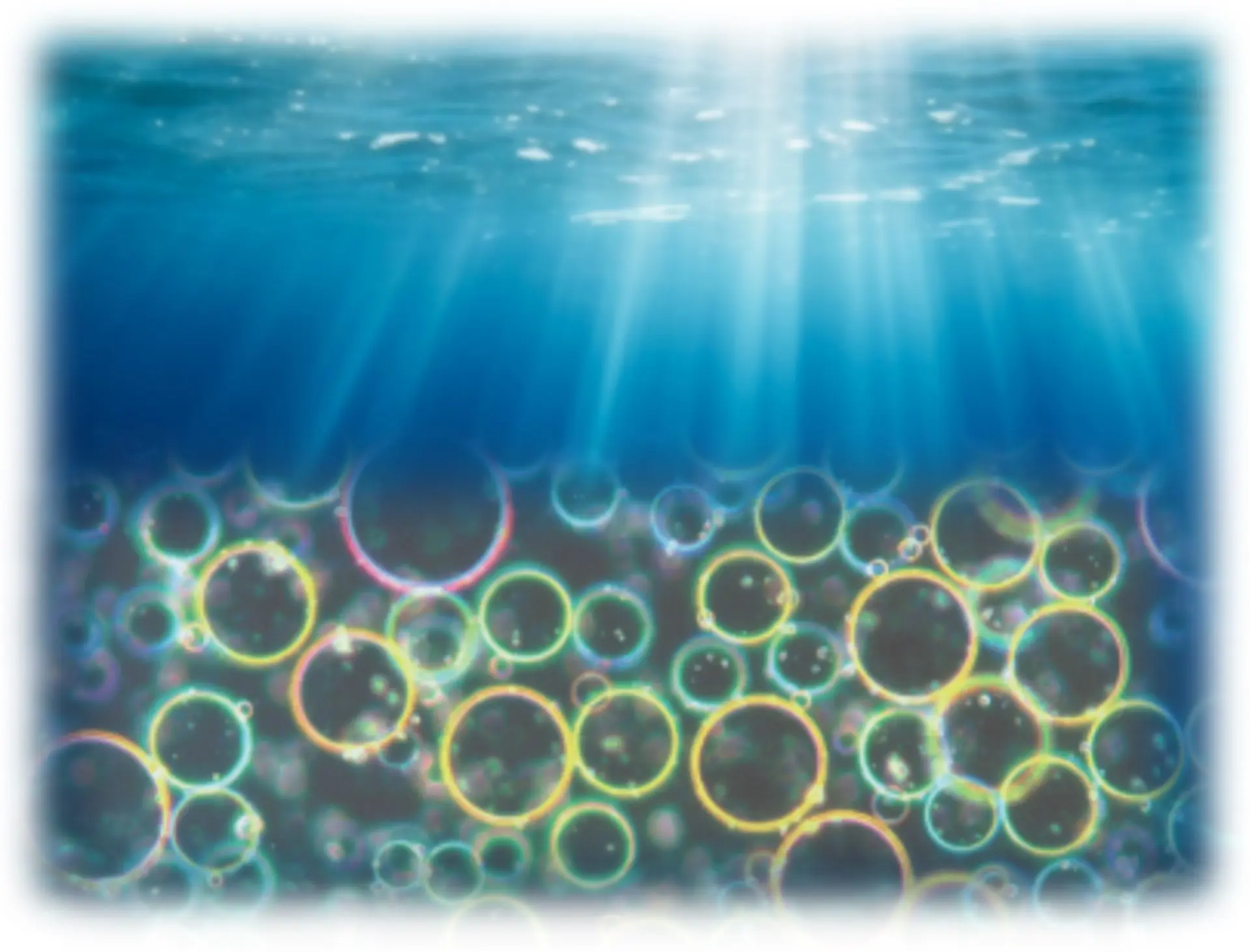Start
01/04/2023
End
31/03/2026
Status
In progress
PLANKT-ON
Website's ProjectStart
01/04/2023
End
31/03/2026
Status
In progress
PLANKT-ON
Website's Project
Artificial photosynthesis for sustainable energy production
Global energy demands are continuously rising and necessitate green alternatives to fossil fuels, including wind and solar sources. Funded by the European Innovation Council, the PLANKT-ON project aims to develop a net-zero emissions technology inspired by nature that releases oxygen into the atmosphere and simultaneously produces formate as a precursor for hydrogen fuel. The technology involves assembling synthetic plankton-like protocells that use light, water and CO2 to produce O2 and formate. The latter is easily converted into hydrogen gas through chemical reactions, serving as a potential source of clean energy. The technology will complement other solar technologies, such as photovoltaics and photoelectrocatalysis, and will empower the EU vision for solar fuels production through artificial photosynthesis.
Project Objective
While mature solar technologies (i.e. photovoltaics, photo-electrochemical cells) cannot simultaneously address the multi-faceted future energy challenge, PLANKT-ON aims to develop a disruptive net-zero emissions technology to both address the global energy demand and reoxygenation of our planet. Inspired by Nature, we propose to assemble the first synthetic plankton-like protocells that autonomously utilise light, water, and CO2 to produce O2 and formate, as a green H2 vector. To this aim, the plankton-like protocells will be shaped as containers of two synergic subdomains mimicking the natural plastids and the CO2-enzyme organelles. The artificial plastid (1st type proto-organelle) will utilise light to oxidise H2O to O2 and reduce a methyl viologen (MV) cofactor, this latter will feed the CO2-rich proto-organelle to selectively produce formate by a cascade enzymatic reaction. We are expecting that this original bio-inspired strategy will open a route to sustainable solar hydrogen. The long term impact is envisaged for scientific innovation in groundbreaking solar-technology, going beyond the conventional photoelectrochemical cabled asset, and readily exploitable for empowering the EU vision for “Smart Buildings as Micro-Energy Hubs” in the world. Fundamental Research advances will be monitored by PLANKT-ON innovation radar activities, protected by our IP policy and disseminated to reach the expected stakeholders and the general public. Multidisciplinary collaboration among the 6 partners, from 4 EU countries, 5 research centres, and 1 technology-based company, underpins the project activities that will target the EU mission. PLANKT-ON counts on the valuable experience of its Scientific Advisory Committee where international renowned scientists from Princeton (USA), Berkeley (USA), Tokyo (Japan) and EPFL-Lausanne (Switzerland) will contribute to the results evaluation and benchmarking in the field of light management, photo-catalysis and green H2 transport.